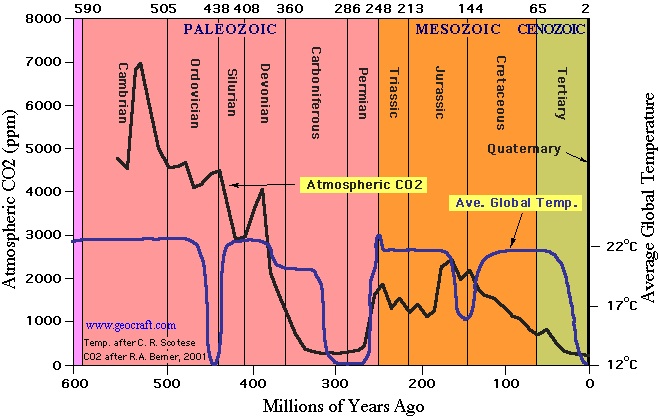Cactus Annie
Refugee
It probably has a large carbon footprint, indeed. That doesn't change the science or the problem, it simply means that we are far from the solution.
I think that this another case where the BBC (and other corporations) are seen to be hypocrites. A few years ago Channel 4 did a 2 hour documentary arguing for man made climate change and the week after the same broadcaster did another 2 hour climate change is nothing to do with us. Representatives scientists from both side of the argument both appeared on a Channel 4 talk show. Last year they did another documentary titled What The Green Movement Got Wrong followed by an hour live studio discussion where scientists from both sides argument debated their views. Viewers also put their views across by sending texts and emails. That is what you call a balanced discussion.
And people wonder why we don't just switch everything off. Are you willing to stop using your computer, car and electrical appliance just like that?Almost every activity, in some way or another, pollutes.
Yeah I heard that so called independent inquiry as well (on the BBC of course). But did you hear about the many scientists who dispute man-made climate change said that the inquiry was not thorough enough in order to get a fair assessment. One scientist called it a white wash. I forget his name, but they are scientists on both side of the argument. Besides Al Gore isn't a Scientist either is he?-
An independent inquiry into these emails proved that there was no wrong doing or falsification in the work. This scandal was a carefully timed attempt (prior to Copenhagen) to cast doubts on the integrity of scientists by taking a few emails out of context. Nothing wrong was going on.
Unless you haven't noticed, the worldwide economic situation is in a lot dog pooh at the moment. I don't see how any of our countries will ever pay off their national debts certainly not in my lifetime.Fair enough. There are extremists on both sides of this issue, and there are people who would benefit from action or inaction on this issue. This is inevitable, and is present in every issue. But here again, you have to be careful to ignore demagogues and people who have a particularly large stake in the economic ramifications of an issue.
You have to stop reading into all the propaganda. There is propaganda from extreme environmentalists (unrealistic expectations about energy use and demand), just like there is propaganda from extreme deniers (climate change is a socialist hoax, clean technologies are evil). Try to find the middle ground, and discuss pragmatic solutions to a problem that is very real.[/QUOTE]




 And when the climate continues to naturally change you'll have to scratch your head as to what was accomplished.
And when the climate continues to naturally change you'll have to scratch your head as to what was accomplished.
